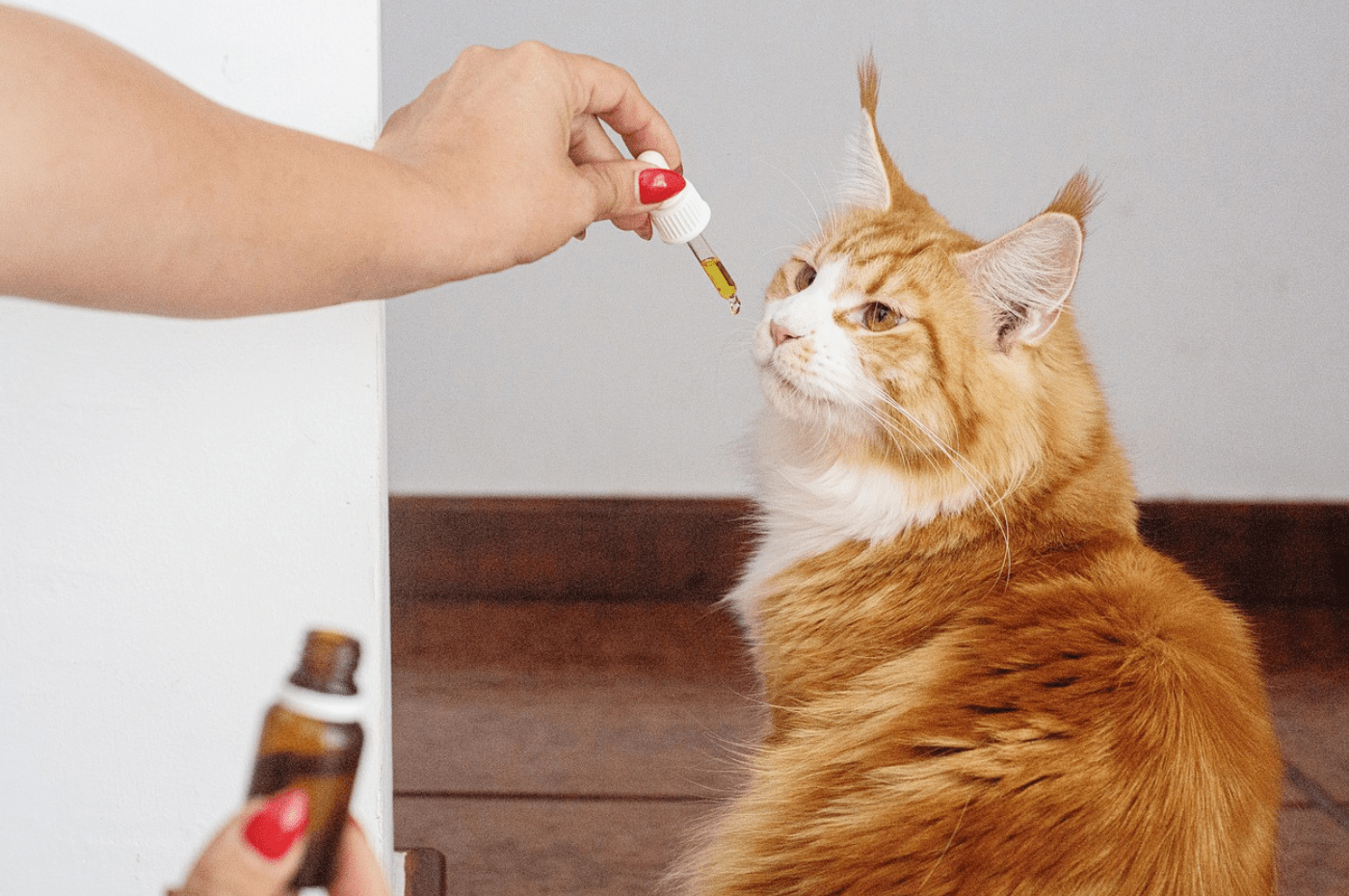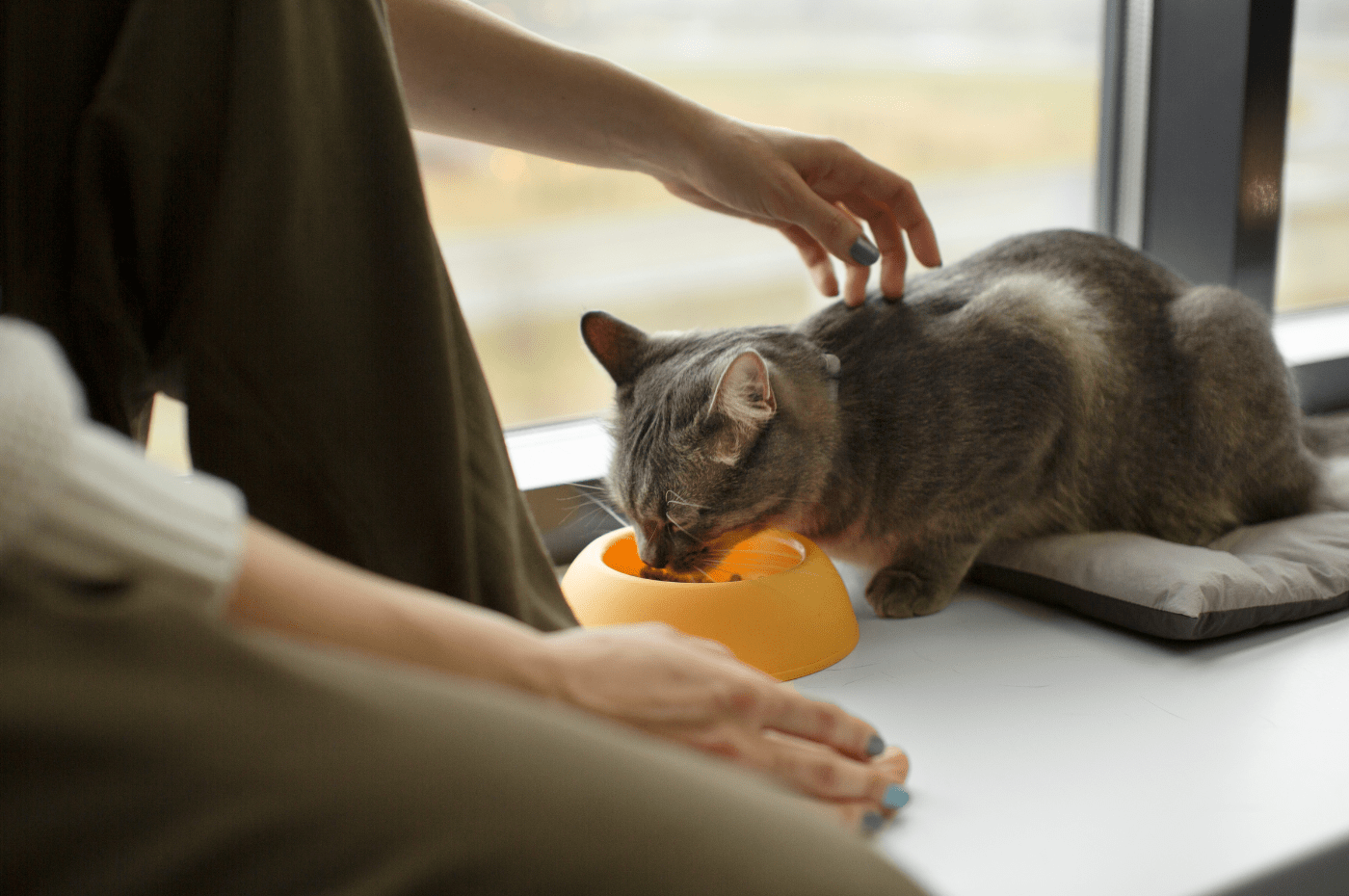CBD has gained popularity for its potential therapeutic benefits, not just for humans but also for pets. Many cat owners are exploring CBD as a natural supplement to help manage their feline companions' health conditions. However, before introducing CBD to your cat, it is important to understand its uses, safety, and effectiveness, particularly from a veterinarian’s perspective.
What is CBD?
CBD is a compound derived from the hemp plant. Unlike THC, the psychoactive component in cannabis, CBD is nonintoxicating and does not produce a high. It interacts with the endocannabinoid system (ECS) in the body, which plays a role in regulating functions like pain, anxiety, and inflammation.
Can Vets Recommend CBD for Cats?
The use of CBD for pets, including cats, is a topic of growing interest among veterinarians. While regulations around CBD are evolving, some countries allow vets to discuss and even recommend CBD products for pets.
Veterinary Concerns:
Why Do Vets Recommend CBD for Cats?
Vets may recommend CBD for cats to manage a variety of health issues, including:
#1. Pain Management
- Arthritis and Joint Pain: CBD’s anti-inflammatory properties can help reduce pain and inflammation in cats suffering from arthritis or other joint issues. Vets may suggest CBD as a supplement to traditional pain medications.
- Neuropathic Pain: Some studies indicate that CBD may be effective for managing nerve-related pain, providing an alternative for cats with chronic conditions.
#2. Anxiety and Stress
- Behavioural Issues: Cats that experience anxiety due to changes in their environment, travel, or loud noises may benefit from the calming effects of CBD. Vets may recommend CBD to help reduce stress and promote relaxation in anxious cats.
- Separation Anxiety: For cats that become anxious when left alone, CBD may be recommended as part of a comprehensive treatment plan.
#3. Seizures and Epilepsy
Anti-Seizure Properties: While there is more research on CBD’s effects on seizures in dogs, some vets believe CBD may help manage epilepsy in cats as well. More studies are needed, but CBD might be a viable option for cats with seizure disorders.
#4. Appetite Stimulation and Nausea Relief
Digestive Issues: Vets may recommend CBD to help stimulate appetite in cats that are not eating well due to nausea or other health conditions. It can also help manage symptoms of gastrointestinal upset.
Choosing the Right CBD Product for Cats
Not all CBD products are created equal, and it's crucial to select a high-quality, safe product that is specifically formulated for pets. Here are a few things to keep in mind:
- Quality Control: Look for products that are made from organic hemp and have undergone third-party testing for potency and purity. This ensures that the CBD is free from harmful contaminants like pesticides, heavy metals, and artificial additives.
- Low THC Content: Cats are highly sensitive to THC, and it can cause serious health issues. Ensure the CBD product has no or very low levels of THC (less than 0.3%). Choose products labelled as THC-free or broad-spectrum.
- Proper Dosage: Each cat’s needs are different, so consult your vet to determine the right dosage. Starting with a lower dose and gradually increasing it allows you to monitor your cat’s reaction and avoid potential side effects.
Potential Side Effects and Safety Concerns
CBD is generally considered safe for cats when administered correctly. However, there are some potential side effects to be aware of:
- Sedation or Drowsiness: Some cats may feel more relaxed or sleepy after taking CBD. This effect is usually mild but should be monitored.
- Gastrointestinal Issues: CBD can sometimes cause an upset stomach, including nausea, vomiting, or diarrhoea. If your cat experiences these symptoms, reduce the dosage and consult your vet.
- Drug Interactions: CBD can interact with other medications, so it is vital to inform your vet about any other drugs or supplements your cat is taking. They can adjust the dosage accordingly to prevent adverse interactions.
How to Administer CBD to Your Cat
Administering CBD to cats can be tricky, but there are different forms you can try:
- CBD Oils and Tinctures: These can be added directly to your cat’s food or administered under their tongue. Tinctures allow for precise dosing, making it easier to find the correct amount for your cat.
- CBD Treats: For cats that are finicky, treats infused with CBD can be a more enjoyable way for them to take their supplement. Make sure the treats are free from artificial additives and harmful ingredients.
While the research on CBD for cats is still in its early stages, many veterinarians see potential in using CBD to manage pain, anxiety, seizures, and other health issues. Always consult with your vet before starting your cat on a CBD regimen to ensure it is safe and suitable for their specific needs. Make sure to use high-quality, pet-safe CBD products and monitor your cat’s response closely.





Leave a comment
All comments are moderated before being published.
This site is protected by hCaptcha and the hCaptcha Privacy Policy and Terms of Service apply.